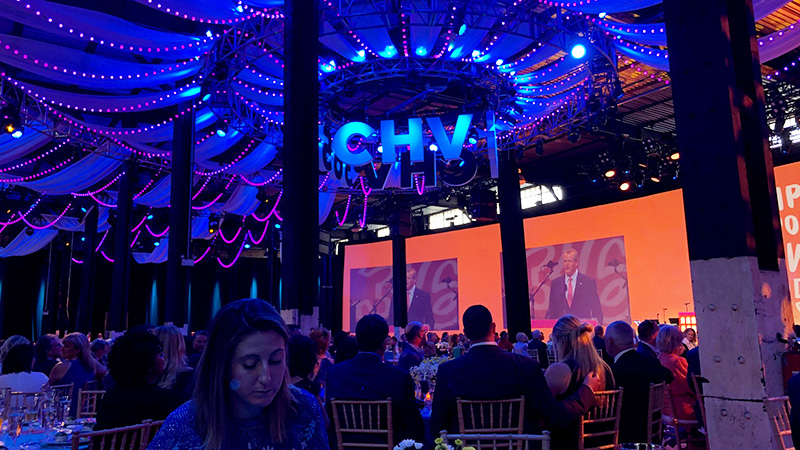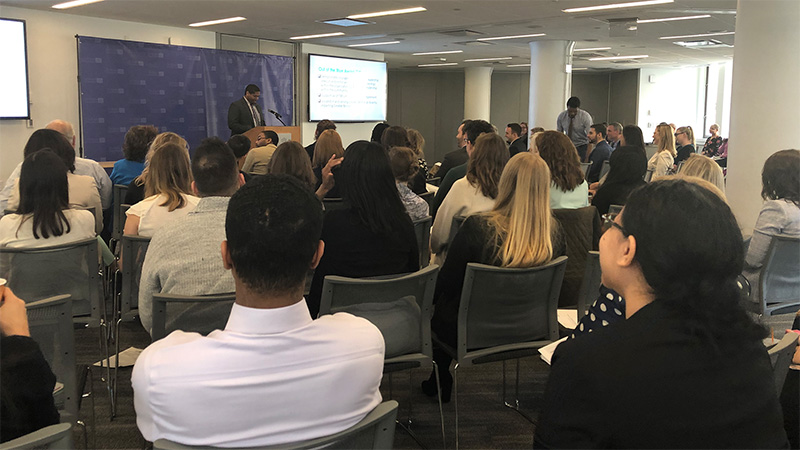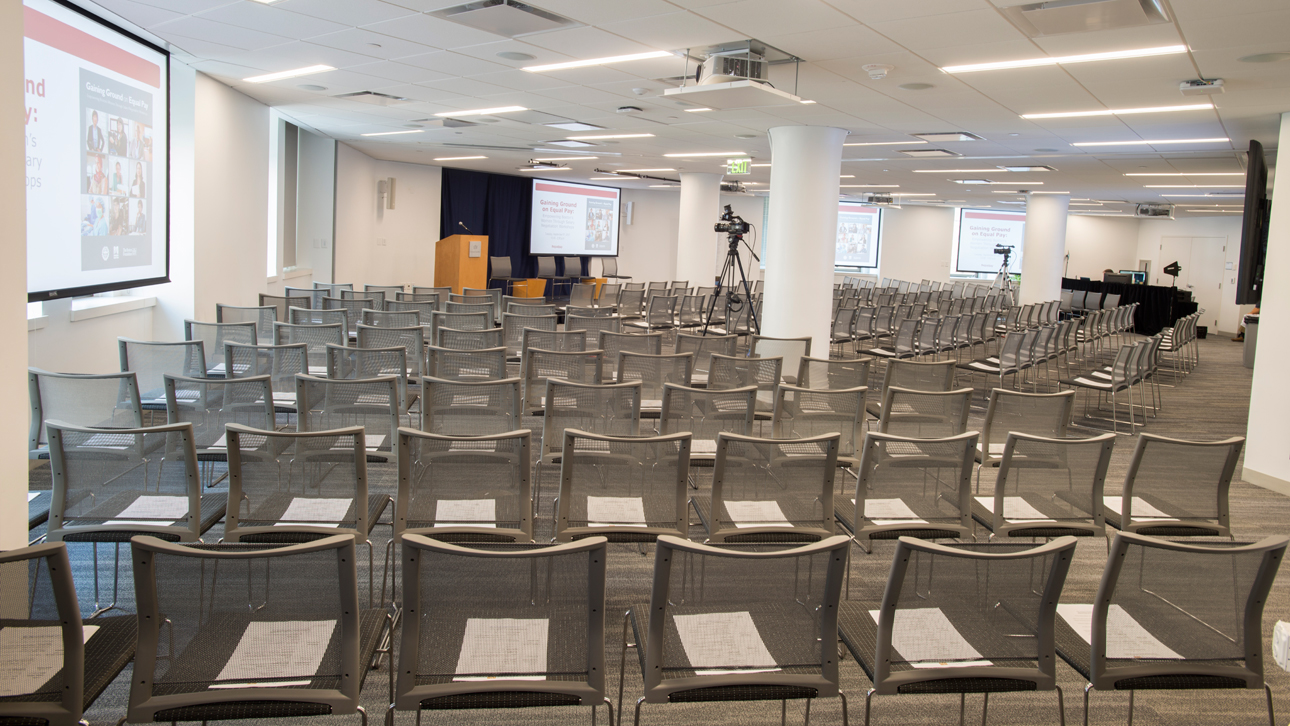Grantmaking and Partnerships
To forge the path to equity, we are focused on four interconnected areas where we believe the Foundation is best able to support and partner with community-based organizations and leaders to advance their work. We encourage you to explore the pathways below, and if you or your organization see a potential partnership, reach out to that pathway team’s leader to discuss grants and other opportunities












